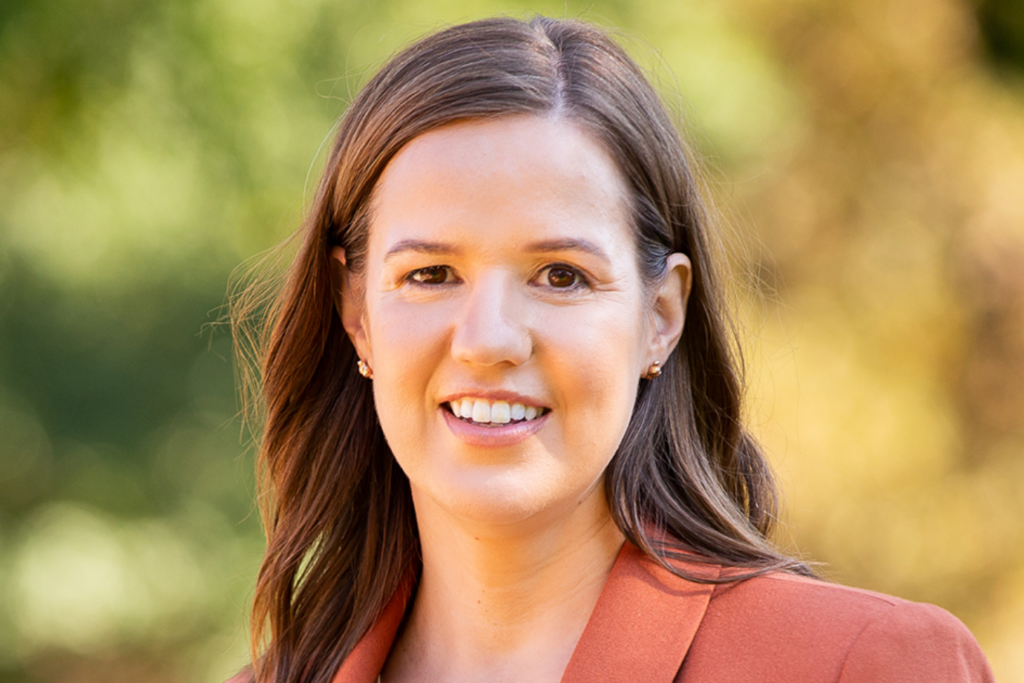How much attention do you pay to your super? Is it “set and forget”? A future-you problem?
If so, you’re not alone – according to recent research half of all Australians are actively engaged with their superannuation, with women even more likely to disengage.
I believe this is because we’ve been thinking about super all wrong.
As Assistant Minister for Social Security, Ageing and Women, I see the impact and the power that super affords to women.
Super is more than a line on your payslip, it’s the foundations of a dignified retirement. For some women, it might be the only savings that belongs to them and them alone.
It’s wonderful that there are more and more workers who will have accumulated super their whole working lives. However, even with a lifetime of super, there are other systemic factors at play that could see women retire with less than men.
The Albanese Labor Government is determined to help women retire with security and dignity, and one of the tools we have to do this is super.
Yesterday our legislation to pay super on government-funded Paid Parental Leave passed in the House of Representatives.
We’re doing this because women, who take the bulk of parental leave, shouldn’t have to choose between their family now and the economic security of their future self.
From 1 July 2025, if you have or adopt a baby and receive government-funded Paid Parental Leave, an additional 12 per cent will be paid directly into your super fund.
Once the scheme reaches 26 weeks in 2026, this would mean more than $3,000 additional super, which then accumulates over your working life.
Paying super on paid parental leave is an important step toward reducing the gendered gap in retirement savings. And it is through steps like this that we rebalance the scales for women’s economic equality and security.
By leading the way, our Government is sending a clear message to employers that we want to strengthen the parental leave system, and we want more workplaces to follow suit. You are paid super on annual leave and sick leave – we think you should be for government paid parental leave as well.
Taking leave to care for children is, after all, a normal part of working life, and should attract the same entitlements.
Unfortunately, Peter Dutton doesn’t see it the same way. He doesn’t believe that Paid Parental Leave should be treated like any other workplace entitlement, and is seeking to replace super with a one-off payment or two weeks’ leave.
Once again, he’s missing the point. While a payment might seem like a good idea now, it does nothing to address the structural imbalances that mean women retire, on average, with 25 per cent less superannuation than men.
And industry has warned that replacing super on Paid Parental Leave with a $2,900 payment could cost a mother of two $14,500 in retirement income.
This is typical of a party that doesn’t believe the gender pay gap is real and tried to cut Paid Parental Leave in 2015, calling mothers “double dippers”.
Closing the gender pay gap in retirement savings requires practical solutions that address the structural disadvantages faced by women.
Labor understands that women want equal pay now and economic security when they retire. We’ve got a plan to make this a reality and an important part of it paying super on Paid Parental Leave.
This is in addition to supporting wage increases in the care and support sector, by publishing large companies’ gender pay gaps to shine a light where improvement is needed, and making sure gender equality is at the heart of economic policy.
It’s alongside tax cuts for all women who pay tax, cheaper childcare and improvements to government payments.
And we won’t stop there – in 2026 we will introduce payday super. By paying super on every payday, instead of the current quarterly system, workers will benefit from the compounding growth of retirement savings, and it will be more difficult for unscrupulous employers to get away with not paying workers their superannuation.
This will particularly serve workers in sectors where they are more likely to work part-time or on a casual basis such as retail and care, the majority of whom are women. For our Government, super is anything but “set and forget”. It’s a critical tool in our efforts to close the retirement income gap and create a fairer Australia for women.


